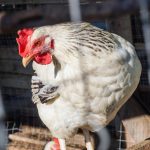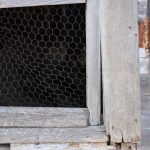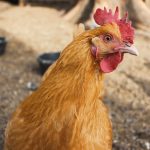Fresh water is essential for the health and well-being of chickens. Chickens require water for survival and optimal functioning, as it plays a vital role in various physiological processes, including digestion, thermoregulation, and waste elimination. Insufficient access to clean, fresh water can lead to dehydration in chickens, potentially causing health problems such as decreased egg production, stunted growth, and mortality.
Water is also crucial for chickens’ temperature regulation, particularly during hot weather. Unlike humans, chickens do not possess sweat glands and instead rely on panting and water consumption to maintain their body temperature. Limited access to water can result in heat stress, which can negatively impact the overall health and productivity of the flock.
Consequently, it is imperative for chicken keepers to ensure a constant supply of fresh, clean water for their birds.
Table of Contents
- 1 Proper Watering Systems for Chickens
- 2 Regular Cleaning and Maintenance of Water Containers
- 3 Adding Natural Additives to Keep Water Fresh
- 4 Protecting Water Sources from Contamination
- 5 Monitoring Water Consumption for Signs of Contamination
- 6 Consulting a Veterinarian for Water Quality Testing
- 7 FAQs
Key Takeaways
- Fresh water is essential for the health and well-being of chickens
- Proper watering systems, such as nipple drinkers or water fountains, help ensure chickens have access to clean water
- Regular cleaning and maintenance of water containers is crucial to prevent bacterial growth and contamination
- Adding natural additives like apple cider vinegar or garlic can help keep water fresh and discourage algae growth
- Protecting water sources from contamination by keeping them covered and away from potential pollutants is important for chicken health
Proper Watering Systems for Chickens
Open Waterers
Open waterers are simple containers that hold water and allow chickens to drink directly from the surface. While these are easy to set up and maintain, they are prone to contamination from dirt, droppings, and debris, which can compromise the quality of the water.
Nipple Drinkers
Nipple drinkers, on the other hand, are designed to dispense water directly into the chicken’s mouth when they peck at the metal nipple. This system helps keep the water clean and reduces the risk of contamination.
Automatic Waterers
Automatic waterers are another popular choice for chicken owners, as they provide a constant supply of fresh water without the need for frequent refilling. These systems are typically connected to a water source and use a float valve to maintain the water level.
Regardless of the watering system chosen, it is important to regularly clean and maintain the water containers to ensure that the water remains fresh and free from contaminants. Proper hydration is essential for the health and well-being of chickens, so investing in a reliable watering system is crucial for any poultry operation.
Regular Cleaning and Maintenance of Water Containers
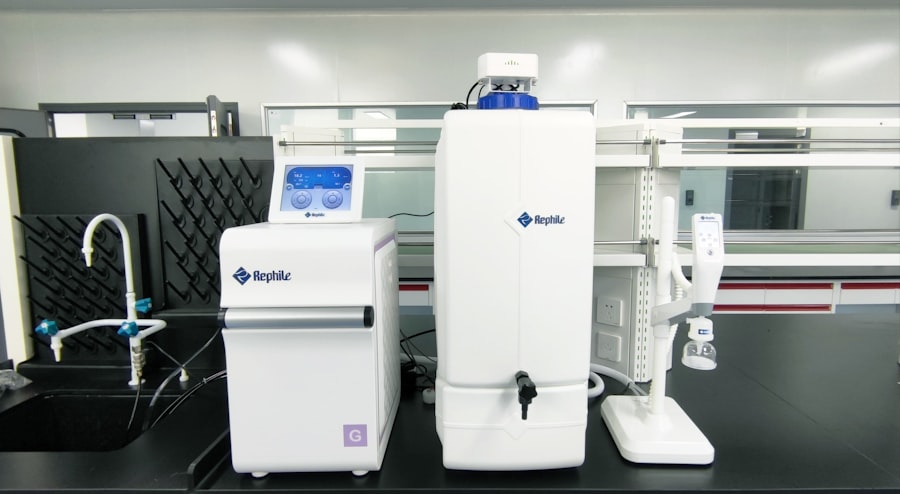
Regular cleaning and maintenance of water containers are essential for ensuring that chickens have access to clean and fresh water at all times. Over time, water containers can become dirty and contaminated with droppings, feathers, algae, and other debris, which can compromise the quality of the water and pose a health risk to the flock. Therefore, it is important for chicken owners to establish a routine for cleaning and sanitizing their water containers.
To clean water containers, start by emptying the remaining water and removing any debris or solid waste from the container. Next, scrub the inside of the container with a brush and mild detergent to remove any residue or build-up. Rinse the container thoroughly with clean water to ensure that all traces of detergent are removed.
Finally, sanitize the container with a diluted bleach solution or another poultry-safe disinfectant before refilling it with fresh water. In addition to regular cleaning, it is important to inspect water containers for any signs of damage or wear that could compromise their integrity. Leaks, cracks, or broken parts should be addressed promptly to prevent water wastage and ensure that chickens have a reliable source of hydration.
By maintaining clean and well-functioning water containers, chicken owners can help safeguard the health and well-being of their flock.
Adding Natural Additives to Keep Water Fresh
In addition to regular cleaning and maintenance, chicken owners can also use natural additives to help keep their chickens’ water fresh and free from contaminants. One common additive is apple cider vinegar, which is believed to have antibacterial properties that can help prevent the growth of harmful pathogens in the water. Adding a small amount of apple cider vinegar to the chickens’ drinking water can help maintain its freshness and purity.
Another natural additive that can be used is garlic, which is known for its antimicrobial properties. Crushed garlic cloves can be added to the chickens’ water to help inhibit the growth of bacteria and other microorganisms. Additionally, some chicken owners choose to add probiotics or electrolytes to their chickens’ drinking water to support their digestive health and overall well-being.
It is important to note that while natural additives can help maintain the freshness of the water, they should be used in moderation and in accordance with recommended guidelines. Overuse of additives can potentially disrupt the balance of the chickens’ gut flora or affect the taste of the water, leading to reduced consumption. Therefore, it is important for chicken owners to research and consult with poultry experts before incorporating natural additives into their chickens’ watering routine.
Protecting Water Sources from Contamination
Protecting water sources from contamination is crucial for ensuring that chickens have access to clean and safe drinking water. Contaminated water can harbor harmful bacteria, parasites, and other pathogens that can pose a serious health risk to the flock. To prevent contamination, it is important to take proactive measures to safeguard the integrity of the water sources on the poultry farm.
One effective way to protect water sources is by placing them in elevated or covered locations to prevent direct contact with droppings, dirt, or other contaminants. This can help reduce the risk of contamination from environmental sources and minimize the need for frequent cleaning and maintenance. Additionally, using nipple drinkers or automatic waterers can further reduce the risk of contamination by preventing chickens from standing in or soiling the water.
Furthermore, it is important to regularly inspect the surrounding area for potential sources of contamination, such as runoff from manure piles or chemical spills. Implementing proper drainage systems and maintaining a clean environment around the water sources can help minimize the risk of contamination. By taking proactive measures to protect water sources from contamination, chicken owners can help ensure that their flock has access to clean and safe drinking water at all times.
Monitoring Water Consumption for Signs of Contamination
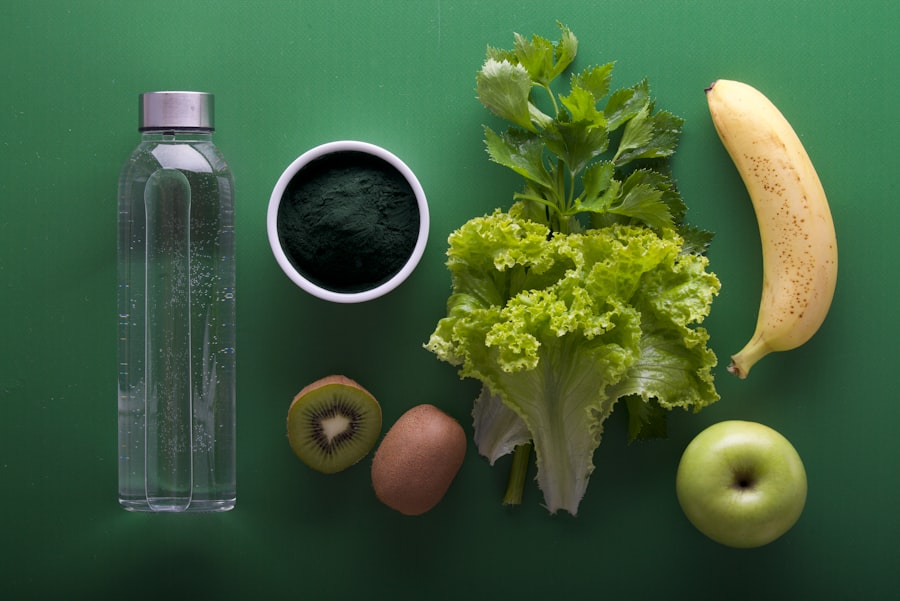
Identifying Potential Contamination Issues
Monitoring water consumption is crucial for detecting potential signs of contamination in chickens. Sudden changes in water consumption patterns or refusal to drink can indicate issues with the quality or safety of the water. Moreover, observing changes in behavior or health conditions in the flock can provide valuable insights into potential contamination issues.
Recognizing Signs of Water Quality Issues
Chickens that are reluctant to drink or exhibit signs of dehydration, such as lethargy, reduced egg production, or sunken eyes, may be experiencing issues with their drinking water. In such cases, it is essential to investigate the quality of the water source and take appropriate measures to address any potential contamination issues. Additionally, monitoring for signs of illness or digestive disturbances in the flock can also help identify potential issues with the drinking water.
Regular Water Testing for Safety and Suitability
Regularly testing the quality of the drinking water can provide valuable information about its safety and suitability for chickens. Water testing kits are available for assessing parameters such as pH levels, bacterial contamination, and mineral content. By monitoring water consumption and staying vigilant for signs of contamination, chicken owners can take proactive steps to safeguard the health and well-being of their flock.
Consulting a Veterinarian for Water Quality Testing
Consulting a veterinarian for water quality testing is an important step in ensuring that chickens have access to clean and safe drinking water. Veterinarians have the expertise and resources to conduct comprehensive testing of water samples for various contaminants and pathogens that could pose a risk to poultry health. By working with a veterinarian, chicken owners can gain valuable insights into the quality of their water sources and receive guidance on how to address any potential issues.
Veterinarians can provide recommendations for appropriate testing protocols based on factors such as the size of the flock, environmental conditions, and potential sources of contamination. They can also offer guidance on interpreting test results and implementing corrective measures if necessary. Additionally, veterinarians can provide valuable advice on best practices for maintaining clean and safe drinking water for chickens.
In conclusion, ensuring that chickens have access to clean and safe drinking water is essential for their health and well-being. By prioritizing proper watering systems, regular cleaning and maintenance, natural additives, protection from contamination, monitoring consumption, and consulting with a veterinarian for testing, chicken owners can take proactive steps to safeguard their flock’s hydration needs. Ultimately, providing fresh water is a fundamental aspect of responsible poultry care that should not be overlooked.
If you’re looking for tips on how to keep water fresh for your chickens, you might also be interested in learning about the best location for your chicken coop. Check out this article on where to put your chicken coop for some helpful advice on finding the perfect spot for your feathered friends.
FAQs
What is the importance of keeping water fresh for chickens?
Fresh water is essential for the health and well-being of chickens. It helps them stay hydrated, aids in digestion, and supports overall body functions. Clean water also reduces the risk of diseases and infections.
How often should water be changed for chickens?
Water should be changed at least once a day to ensure it stays clean and fresh. In hot weather or if the water becomes dirty more quickly, it may need to be changed more frequently.
What are some tips for keeping water fresh for chickens?
– Use clean water containers that are easy to clean and refill.
– Place the water containers in shaded areas to prevent overheating and algae growth.
– Regularly clean and scrub the water containers to remove any dirt, debris, or algae.
– Consider using water additives or natural supplements to keep the water clean and support chicken health.
What are the risks of not keeping water fresh for chickens?
If chickens are not provided with fresh water, they may become dehydrated, which can lead to health issues and decreased egg production. Dirty water can also harbor bacteria and parasites, increasing the risk of diseases and infections among the flock.
Can water quality affect egg production in chickens?
Yes, water quality can directly impact egg production in chickens. Clean, fresh water supports overall health and can contribute to higher egg production. Conversely, poor water quality can lead to stress and decreased egg laying.
Meet Walter, the feathered-friend fanatic of Florida! Nestled in the sunshine state, Walter struts through life with his feathered companions, clucking his way to happiness. With a coop that’s fancier than a five-star hotel, he’s the Don Juan of the chicken world. When he’s not teaching his hens to do the cha-cha, you’ll find him in a heated debate with his prized rooster, Sir Clucks-a-Lot. Walter’s poultry passion is no yolk; he’s the sunny-side-up guy you never knew you needed in your flock of friends!


